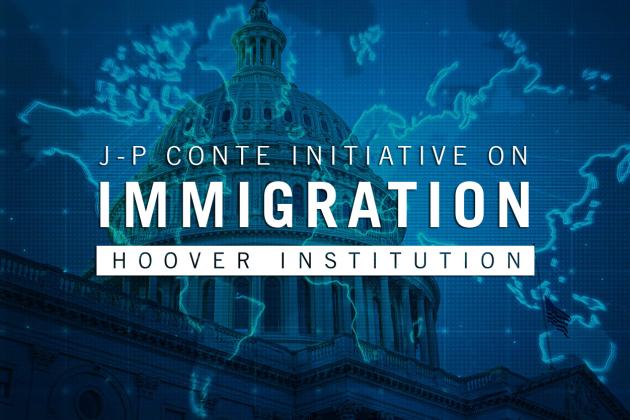PARTICIPANTS
Stavros Lambrinidis, Ioannis Andreadis, Ewa Balcerowicz, Leszek Balcerowicz, Marios Belibassakis, Michael Bordo, John Cogan, Grigorios Delavekouras, Ekaterini Diamantaki, Darrell Duffie, John Gunn, Jeff Jones, Vassilis Kaskarelis, Stephen Langlois, Christos Panagopoulos, John Powers, John Raisian, Martin Schneider, Johannes Stroebel, John Taylor, Athanasios Viktoratos
ISSUES DISCUSSED
Stavros Lambrinidis, the Greek Minister of Foreign Affairs, discussed his views on the causes of the current Greek debt crisis. He began by outlining some developments over the previous decade that have contributed to the Greek fiscal problems. He argued that poor fiscal policy in the past in Greece led to a significant increase in government borrowing. This money was, however, not spent productively, but instead mainly used to finance increases in consumption. In addition, Lambrinidis argued, Greece faces a number of structural deficits, including problems with tax collection.
When the financial crisis began these problems were becoming more obvious to financial market participants. In response, Europe put together a support package that was conditional on significant structural changes within Greece. Lambrinidis argued that in response to these requirements, Greece showed the political will and ability to apply strict austerity measures. Government deficits were cut by about 5 percentage points. This was achieved, in part, by reducing the size of the civil service, cutting salaries and pensions, increasing the retirement age as well as increasing tax rates and tax collection abilities.
Lambrinidis then discussed why these measures have not been able to restore financial market confidence in Greece. Reasons for this include the fact that not all reforms had been executed perfectly and some are still in process including the privatization of state assets; rating downgrades that were triggered by the recession and have increased Greek borrowing costs; a lengthy policy debate within Europe about the right approach to dealing with the crisis; and changes in the international economic environment following financial difficulties in Portugal and Ireland. He finally proposed a financial transaction tax, which he argued would provide revenues while mitigating moral hazard problems in the financial sector.









